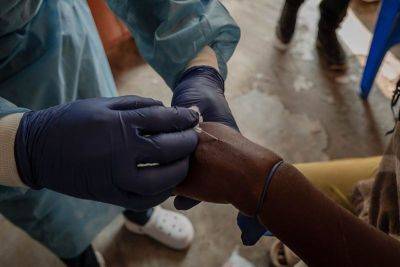Solution: a new economics of water 8% GDP loss by 2050 due to world water crisis
«THE Economics of Water: Valuing the Hydrological Cycle as a Global Common Good,» a report by the Global Commission on the Economics of Water (GCEW), says the water crisis will put at risk more than half of the world's food production by 2050. It also estimates an 8-percent loss of gross domestic product (GDP) in countries worldwide on average by 2050, with as much as a 15-percent loss in lower-income countries and even larger economic consequences beyond.
Weak economics, destructive land use and the persistent mismanagement of water resources have combined with the worsening climate crisis to put the global water cycle under unprecedented stress, the GCEW says.
Nearly 3 billion people and over half of the world's food production are in areas experiencing drying, or unstable trends in total water availability. Several cities are sinking due to the loss of water below the ground.
The report puts into perspective how much water each person needs daily. While 50 to 100 liters per day is required to meet essential health and hygiene needs, a dignified life requires a minimum of about 4,000 liters per person per day. Most regions cannot secure this much water locally. Although trade could help distribute water resources more equitably, it is hampered by misaligned policies and the water crisis itself.
The widespread underpricing of water today also encourages its profligate use across the economy and skews the locations of the most water-intensive crops and industries, such as data centers and coal-fired power plants, to areas most at risk of water stress.
According to Johan Rockström, director of the Potsdam Institute for Climate Impact Research and one of the commission's four co-chairs, «For the first time in human history, we are pushing the global water cycle out of balance. Precipitation, the source of all freshwater, can no longer be relied upon due to human-caused climate and land use change, undermining the basis for human well-being and the global economy.»
A new approach
AdvertisementCurrent approaches also deal predominantly with the «blue water» in rivers, lakes and aquifers. They overlook a critical freshwater resource, namely «green water,» the moisture







